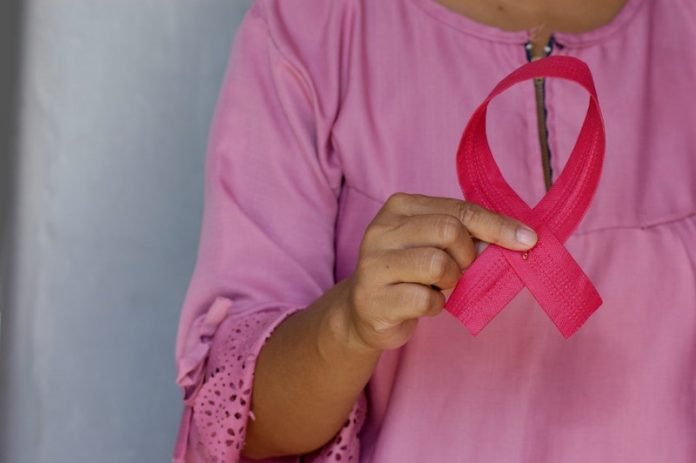
In a recent study published in Nature Cell Biology, researchers made a critical breakthrough, discovering how an obscure protein causes breast cancer to develop and grow more quickly.
The study is conducted by South Australian scientists. One author is Associate Professor Michael Samuel.
High levels of Creld2 have been linked to the most aggressive types of breast cancer with lower survival rates.
It is found in triple-negative breast cancers, which make up 15% of all breast cancers in Australia, are difficult to treat and have the poorest survival rates.
This type of breast cancer also frequently affects younger women. But it has not been well-studied and until now researchers hadn’t understood the role it plays in breast cancer.
Creld2 at high levels is also found in kidney cancers, non-melanoma skin cancers—the most commonly diagnosed cancer in Australia—and invasive squamous cell carcinomas, which can be deadly if not detected early.
In their paper, the researchers described how aggressive breast cancers produce Creld2, which hijacks healthy cells, to promote tumor progression.
They found Creld2 appears to make normal, healthy cells surrounding the tumor behave abnormally, causing them to help tumors grow.
The team is now working on therapies to destroy or block Creld2, with the aim of stopping breast cancers from growing and spreading around the body.
They say the prognosis for breast cancers is not good, so if they can destroy or block this protein, they could potentially stop these cancers from growing.
If you care about breast cancer, please read studies about a new way to detect breast cancer more accurately and findings of how to turn off breast cancer growth and metastasis.
For more information about breast cancer and your health, please see recent studies about what women need to know about breast cancer and heart disease and results showing that common blood pressure drugs may increase breast cancer death risk.
Copyright © 2021 Knowridge Science Report. All rights reserved.



